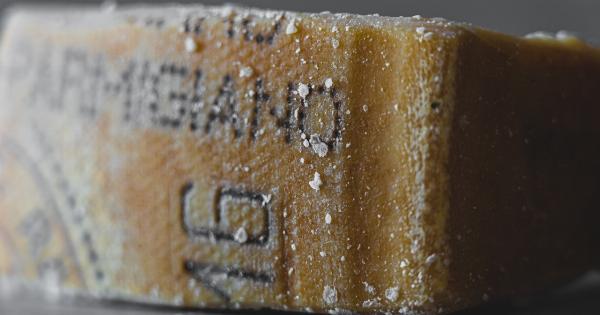Your kidneys are two small organs that play a critical role in keeping your body healthy.
They filter waste and excess fluid from your blood, regulate your blood pressure, and produce hormones that stimulate red blood cell production and keep your bones strong. But when your kidneys aren’t functioning properly, the consequences can be serious. In fact, chronic kidney disease (CKD) affects an estimated 37 million people in the United States alone, and many of them don’t even know it.
What are the Symptoms of Kidney Disease?
Kidney disease can be silent and sneak up on you, but there are some signs that may indicate a problem. Here are a few symptoms to watch out for:.
1. Changes in Your Urine
If you notice any changes in your urine, it may be a sign that your kidneys aren’t functioning properly. These changes may include:.
- Blood in your urine
- Foamy urine
- Difficulty or pain while urinating
- Frequent urination
- Urgency to urinate
2. Swelling
When your kidneys aren’t functioning properly, they can’t remove excess fluid from your body. This can lead to swelling in your feet, ankles, and legs, as well as puffiness around your eyes.
3. Fatigue
Kidneys produce a hormone called erythropoietin (EPO) that helps your body make red blood cells. When your kidneys aren’t functioning properly, your body may not produce enough of this hormone, which can lead to fatigue and weakness.
4. Shortness of Breath
When your body doesn’t have enough red blood cells, it can’t transport oxygen to your organs and tissues effectively. This can lead to shortness of breath, especially during physical activity.
5. Nausea and Vomiting
If waste products build up in your blood because your kidneys aren’t working properly, you may experience nausea and vomiting.
6. Itchy Skin
When waste products accumulate in your blood, they can cause itching and dryness on your skin.
7. High Blood Pressure
Your kidneys play a critical role in regulating your blood pressure. When your kidneys aren’t functioning properly, your blood pressure may increase.
Causes of Kidney Disease
Kidney disease can be caused by a variety of factors, including:.
- Diabetes
- High blood pressure
- Family history of kidney disease
- Exposure to certain substances, such as certain medications and chemicals
- Autoimmune diseases, such as lupus and IgA nephropathy
- Polycystic kidney disease (an inherited condition that causes cysts to form in the kidneys)
Preventing Kidney Disease
The good news is that there are steps you can take to reduce your risk of developing kidney disease:.
- Maintain a healthy weight
- Exercise regularly and stay active
- Control your blood pressure and blood sugar levels if you have diabetes
- Avoid smoking and limit alcohol consumption
- Stay hydrated by drinking plenty of water
- Limit your salt and sugar intake
When to See a Doctor
If you are experiencing any of the symptoms listed above, it’s important to see a doctor as soon as possible. Your doctor may perform a blood test, urine test, or kidney function test to diagnose kidney disease.
Early diagnosis and treatment can help slow or even stop the progression of kidney disease.
Treatment Options
There are a variety of treatment options available for kidney disease, depending on the underlying cause and severity of the disease. Treatment may include:.
- Medications to control high blood pressure and reduce protein in the urine
- Medications to treat anemia
- Dialysis to filter waste and excess fluid from your blood
- Kidney transplant
Conclusion
Your kidneys play a critical role in keeping your body healthy, and when they aren’t working properly it can have serious consequences.
By knowing the signs and symptoms of kidney disease, taking steps to prevent it, and seeking prompt medical attention if you experience any symptoms, you can help protect your kidney health and overall well-being.






























